The critical minerals scramble: How the race for resources is fuelling conflict and inequality
While Trump zeroes in on embattled Ukraine's critical mineral reserves, conflict and inequality clash with efforts for a just energy transition across the globe
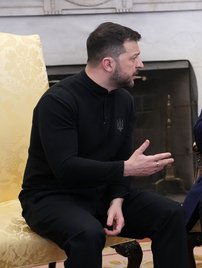
Trending investigations
-

Slash and sell
A Canadian asset manager part run by green finance champion Mark Carney cleared thousands of football fields worth of tropical forest in Brazil, our investigation can reveal
-
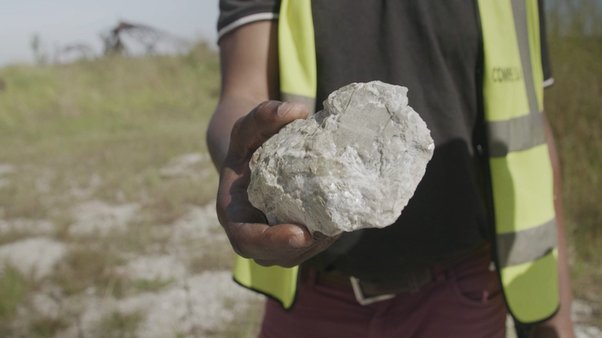
A rush for lithium in Africa risks fuelling corruption and failing citizens
Three emerging lithium mines in Zimbabwe, Namibia and Democratic Republic of Congo (DRC) risk fuelling corruption and causing a range of other environmental, social and governance problems
-

How the militarisation of mining threatens Indigenous defenders in the Philippines
With skyrocketing global demand for critical minerals – vital to the green energy transition – Indigenous groups and biodiversity are at risk in the Philippines
Climate crisis in focus
-

The problem with hydrogen
Hydrogen could be an important part of the renewable energy transition, but not if the fossil fuel industry has its way
-
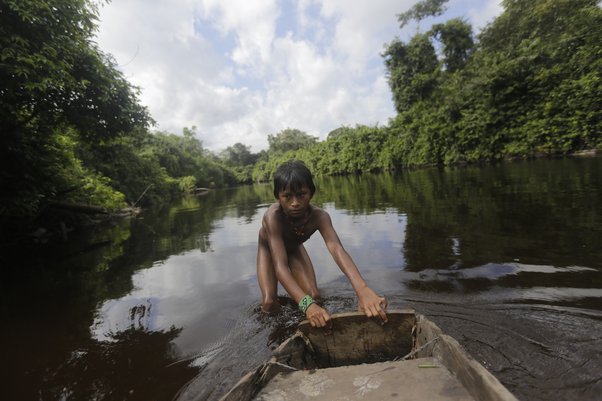
Rainforests explained: Where they are, what they do and why they’re crucial for our planet
The Amazon is just one of the world’s many rainforests – with each playing a pivotal role in the planet’s health
-

What is climate disinformation?
Climate disinformation is hindering our ability to combat the gravest threat of our time
Defending our planet's frontline
Latest articles
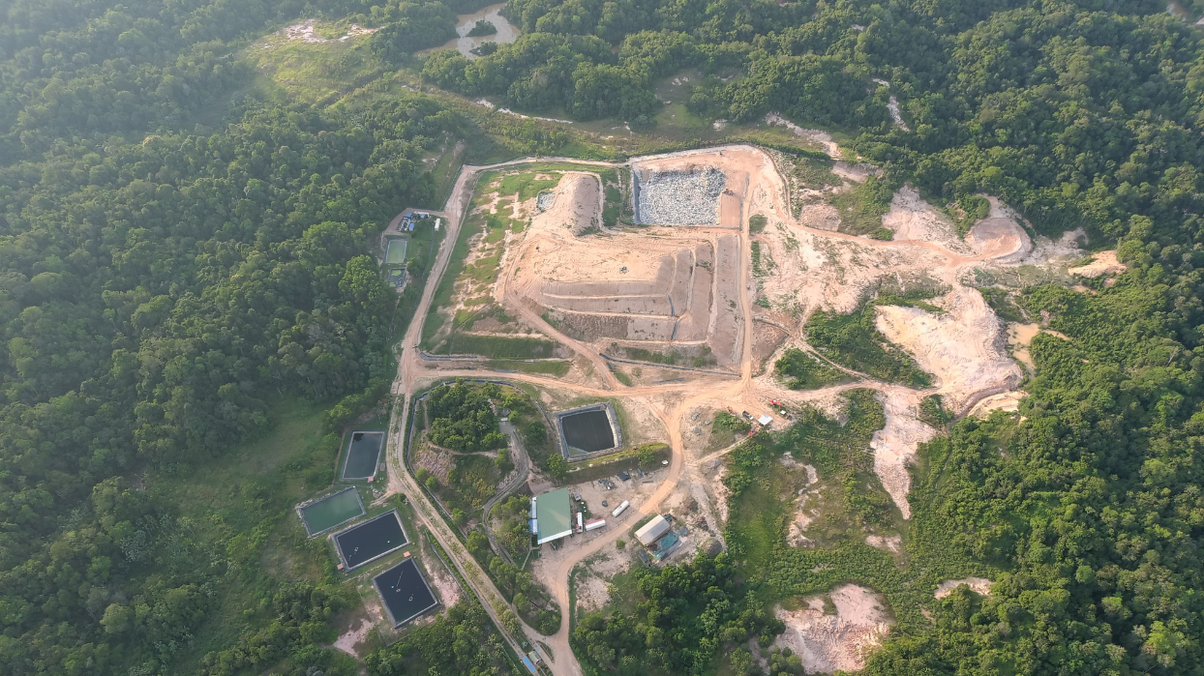
Poisoned Ground: Secretly filmed footage shows Veolia pumping toxic pollutants into protected Colombian wetlands
French multinational Veolia could be risking health impacts including birth defects by pumping toxins from a large landfill into protected wetlands in Colombia, a new Global Witness investigation has found
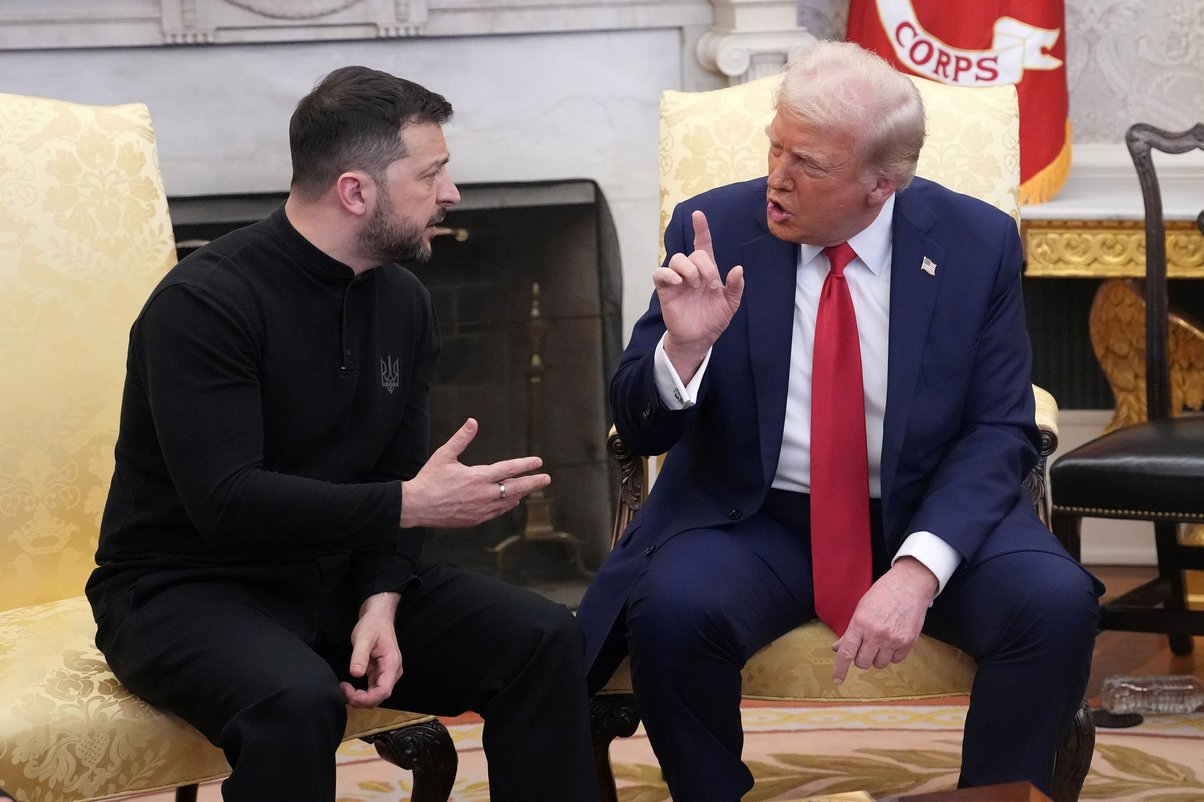
The critical minerals scramble: How the race for resources is fuelling conflict and inequality
While Trump zeroes in on embattled Ukraine's critical mineral reserves, conflict and inequality clash with efforts for a just energy transition across the globe
The time for change is now
The climate crisis is no longer an event on the horizon. It’s here, it’s now. Learn how you can support fearless investigative campaigning to expose the industries fuelling climate breakdown.


About us
Global Witness is an investigative, campaigning organisation that challenges the power of climate-wrecking companies, and stands with the people fighting back



